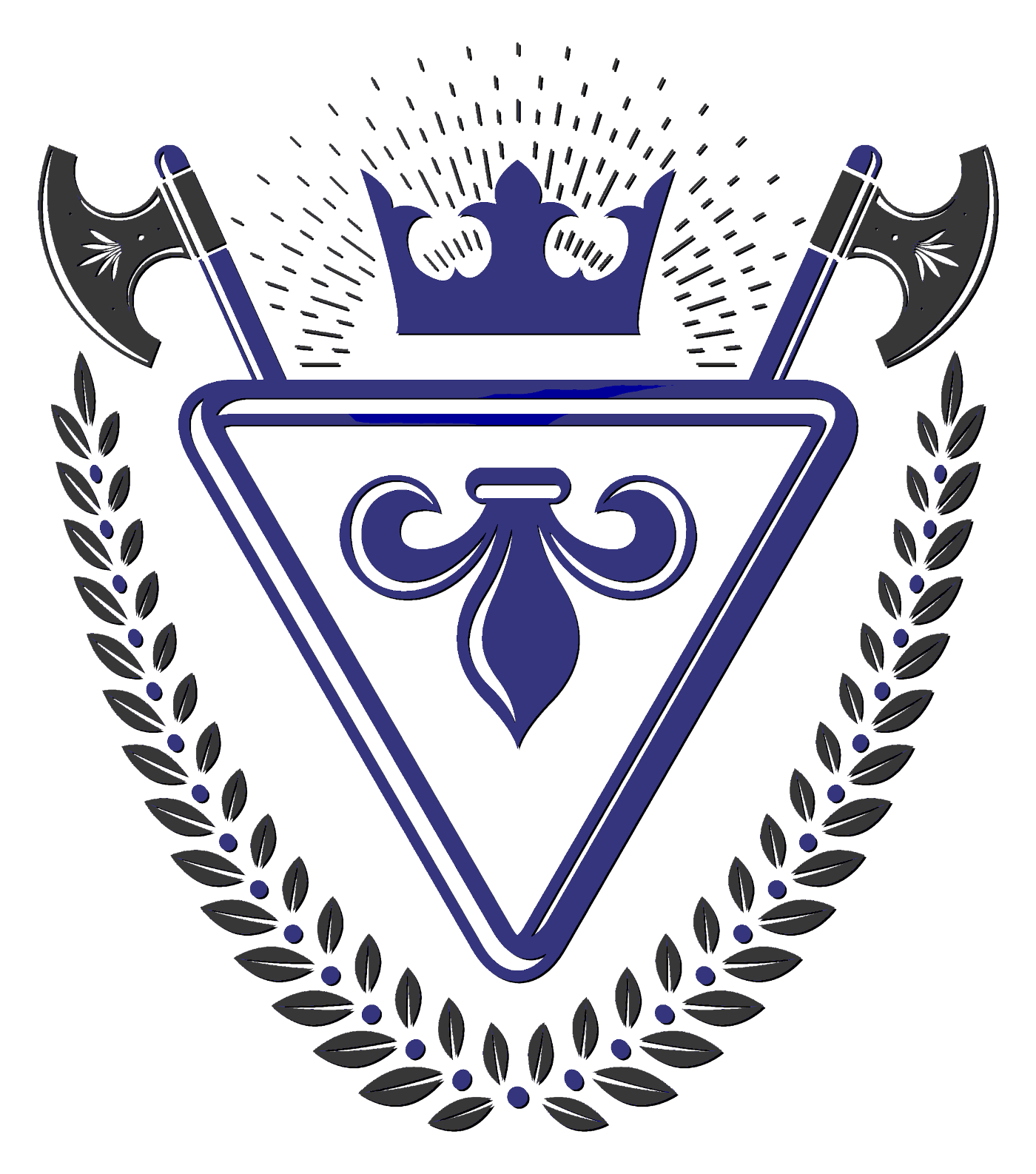As a sci-fi writer, this is something I've thought a lot about. From a technical standpoint, realism dictates that the English language will continue to evolve, so we should show that in our futuristic works. However, I personally find it very difficult to realistically mimic this evolution. I am not a linguist, so predicting how the language might evolve is excessively difficult for me. Simply put, I have a hard time coming up with futuristic lingo.

And I personally do not want to throw random lingo into my dialog if there is not logic behind it. If the lingo does not make sense, is not realistic in some way, it might come off as random and forced to the reader, which would not be professional. If you are going to incorporate invented language, whether fictional lingo, foreign words, or an entire fictional language, it needs to be done with purpose to be effective. Your world-building has to be sound.
That's why I would personally rather use modern English than force futuristic lingo and have it fall flat. You can certainly get away with having your characters use modern English--it's the same principle as writing a book about Russians with the dialog all in English--especially if you avoid period-specific references.
Actually, come to think of it... wouldn't period-specific cultural references be another, and perhaps easier and more effective, way to make your language match the time period? New dictionary definitions and sentence structure is only a small part of language evolution. A great deal of our communication is based on context, cliches, and references to things that are familiar to our time. Think of how many times you make references to recent presidents and celebrities in your speech, or talk about objects and events like Iraq, Vietnam vets, 9/11, etc. These references are meaningful to whomever you're speaking to because they know the figure or event you're talking about. In a century or two these references won't mean anything, but new references will have arisen. These references would add a lot of period flavor to your dialog--as well as, I'd expect, be easier to come up with and use than entirely fictional words. And avoiding dated references would also go a long way to making your dialog realistic.
The thing about unfamiliar language, whatever it is, is that your reader has to be able to understand you. Frankly in a couple of centuries our English language might be barely recognizable. I personally doubt it--I think looking back at historical documents we can see that English has evolved slowly enough that the English of the past 4-5 centuries is still intelligible to us. Most of what has changed is the use of some assorted phrases and words ("give up the ghost," using "meat" to mean all food, etc.) and some grammar. (Which, I suppose, supports the theory that, if you put in some new phrases and alternate definitions into your futuristic language, that's probably enough evolution of language if you're only a few centuries into the future.)
Irregardless, whatever your futuristic language is, you have to remember that it's new to the reader. You have to use it in such a way that makes the meaning clear, while still being natural. Your characters aren't going to define terms that are normal to them, and squeezing definition into the narration can often be awkward. (Shouldn't your narration be in the same language as your dialog?) So it's important to make sure your futuristic lingo is not only natural but intelligible.
For my own works, I personally do not stress futuristic lingo, mostly because I know it's not my strong point and forcing it could be disastrous. However, I did incorporate a handful of new words into Red Rain. They were mostly familiar terms that had been repurposed. Notably, I had a new name for the spaceships that carried people between planets ("transit"). To me, this was a sensible name for the object considering space travel had become as commonplace as flying, and the ship itself had become more like an airplane as well. It wasn't what we know as a space shuttle or a star ship, so using a new term made sense. It was also a familiar word, so it wasn't hard to come up with or understand. I just used it normally in sentences without introduction, so I think the meaning was clear in-context. It wasn't difficult, and hopefully added a little flavor for my readers.

On a more personal note, I myself often use familiar words in new ways when the opportunity presents itself, such as using a noun as a verb-form. We're seeing more of that nowadays, so when it comes up in my personal speech or my writing, I run with it. The future is now. *shrugs*

And I really need to read the Uglies series now... That sounds like some well-done, interesting, but not-too-confusing futuristic lingo.





